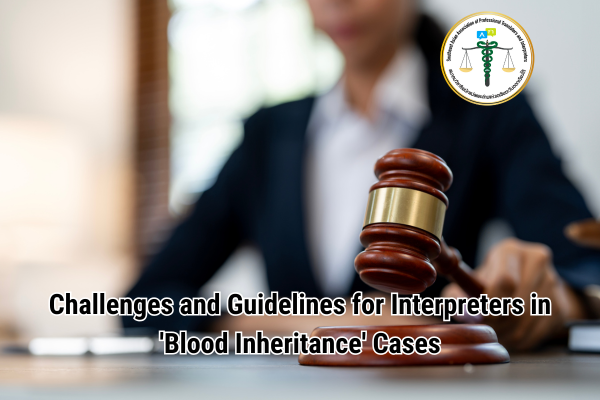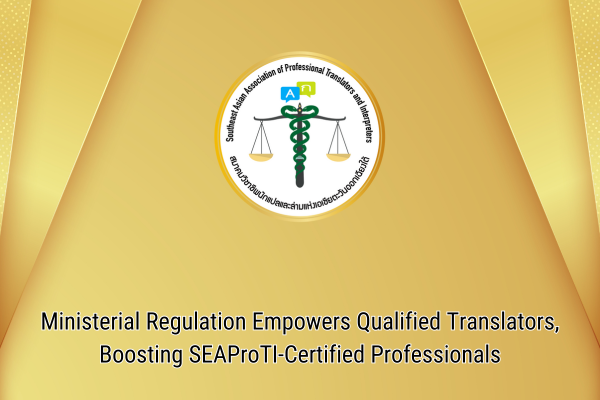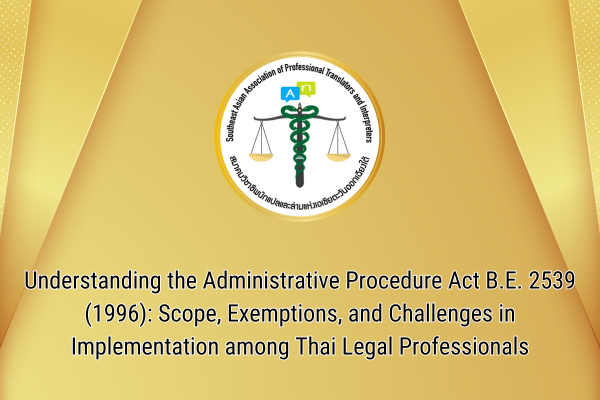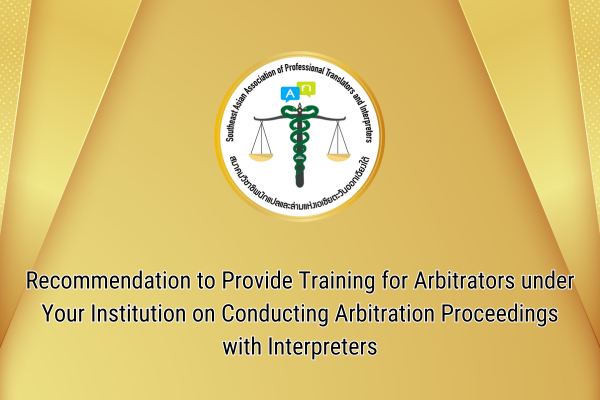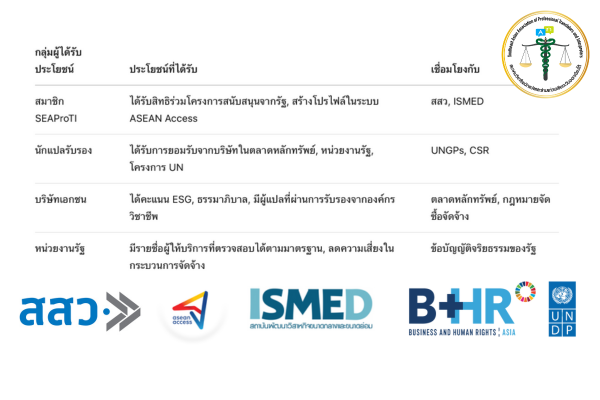Understanding “Shall” in Legal Writing
Legal English is a precise and structured language. However, certain words can cause confusion. One such word is “shall,” which frequently appears in legal documents but often leads to ambiguity. This article explores the proper use of “shall,” its legal implications, and ways to avoid common mistakes.
The Meaning of “Shall” in a Legal Context
In legal writing, “shall” has a specific meaning, generally indicating an “obligation” or “must.” It signifies that a person or party has a duty to act, leaving no room for alternative interpretations. When used correctly, “shall” clearly imposes a duty. However, many legal drafters misuse “shall,” resulting in court cases where judges must interpret its intended meaning. Consequently, the U.S. Supreme Court and other federal courts have begun avoiding “shall” in favor of clearer terms.
The Problem with Using “Shall”
Although “shall” is intended to denote an obligation, in practice it is often interpreted in multiple ways, such as:
-
- Obligation (Must) – “The tenant shall pay rent on the first of the month.”
-
- Future Action (Will) – “The contract shall take effect on January 1st.”
-
- Permission (May) – “The applicant shall submit additional documents at their own discretion if necessary.”
- Guidance (Should) – “Employees shall adhere to best practices.”
This inconsistency has led to legal disputes, requiring courts to determine the true meaning of “shall” in each context.
Correcting the Misuse of “Shall”
To enhance clarity, legal drafters should replace “shall” with more precise alternatives:
-
- Use “must” to indicate a mandatory obligation.
-
- Use “will” to express a future action.
-
- Use “may” to grant permission or authority.
- Use “should” to provide recommendations.
Examples of Corrected Sentences
-
- Incorrect: “The shareholders shall have the right to vote.”
Correct: “The shareholders may vote.” (Using “may” to indicate permission)
- Incorrect: “The shareholders shall have the right to vote.”
-
- Incorrect: “The defendant shall respond within 30 days.”
Correct: “The defendant must respond within 30 days.” (Using “must” for obligation)
- Incorrect: “The defendant shall respond within 30 days.”
- Incorrect: “The contract shall take effect upon signing.”
Correct: “The contract will take effect upon signing.” (Using “will” for future action)
Conclusion
Legal drafters should avoid using “shall” unless it unequivocally imposes a duty, and legal translators should exercise similar caution. Selecting precise language enhances clarity and prevents misinterpretation.
Short Exercise
Rewrite the following sentences using the appropriate alternative to “shall”:
- The tenant shall notify the landlord when repairs are needed.
- The contract shall expire after five years.
- Employees shall follow the company’s safety guidelines.
- The board of directors shall approve the budget before implementation.
Answers
- “The tenant must notify the landlord when repairs are needed.” (must)
- “The contract will expire after five years.” (will)
- “Employees should follow the company’s safety guidelines.” (should)
- “The board of directors must approve the budget before implementation.” (must) or “The board of directors may approve the budget before implementation.” (may), depending on intent.
SEAProTI’s certified translators, translation certification providers, and certified interpreters:
The Southeast Asian Association of Professional Translators and Interpreters (SEAProTI) has officially announced the criteria and qualifications for individuals to register as “Certified Translators,” “Translation Certification Providers,” and “Certified Interpreters” under the association’s regulations. These guidelines are detailed in Sections 9 and 10 of the Royal Thai Government Gazette, issued by the Secretariat of the Cabinet under the Office of the Prime Minister of the Kingdom of Thailand, dated July 25, 2024, Volume 141, Part 66 Ng, Page 100.
To read the full publication, visit: the Royal Thai Government Gazette
การทำความเข้าใจคำว่า “Shall” ในการเขียนกฎหมาย
ภาษาอังกฤษที่ใช้ในงานกฎหมายเป็นภาษาที่มีความแม่นยำและมีโครงสร้างชัดเจน อย่างไรก็ตาม คำบางคำอาจก่อให้เกิดความสับสนได้ คำว่า “shall” เป็นหนึ่งในคำที่พบเห็นบ่อยในเอกสารกฎหมาย แต่กลับสร้างความกำกวมได้ไม่น้อย บทความนี้จะสำรวจการใช้ “shall” อย่างถูกต้อง ความหมายทางกฎหมายของคำนี้ และวิธีหลีกเลี่ยงข้อผิดพลาดที่พบได้บ่อย
ความหมายของ “Shall” ในบริบทกฎหมาย
ในงานกฎหมาย คำว่า “shall” มีความหมายเฉพาะเจาะจง โดยทั่วไปหมายถึง “ภาระหน้าที่” หรือ “จะต้อง” ซึ่งบ่งบอกถึงการที่บุคคลหรือฝ่ายใดฝ่ายหนึ่งมีหน้าที่ต้องปฏิบัติตาม โดยไม่เปิดช่องให้ตีความเป็นอย่างอื่น หากใช้อย่างถูกต้อง “shall” จะกำหนดหน้าที่อย่างชัดเจน อย่างไรก็ตาม นักร่างกฎหมายหลายคนใช้ “shall” ในทางที่ผิด ส่งผลให้เกิดคดีความในศาลที่ผู้พิพากษาต้องตีความเจตนาของคำนี้ ด้วยเหตุนี้ ศาลสูงสุดของสหรัฐอเมริกาและศาลรัฐบาลกลางอื่น ๆ จึงเริ่มหลีกเลี่ยงการใช้ “shall” และหันมาใช้คำที่ชัดเจนกว่านี้แทน
ปัญหาของการใช้ “Shall”
ถึงแม้ว่า “shall” จะมีความหมายที่ตั้งใจให้เป็นการกำหนดภาระหน้าที่ แต่ในทางปฏิบัติ คำนี้มักถูกตีความได้หลายแบบ เช่น
-
- ภาระหน้าที่ (Must) – “ผู้เช่าต้องชำระค่าเช่าในวันที่หนึ่งของเดือน”
- การกระทำในอนาคต (Will) – “สัญญาจะเริ่มมีผลในวันที่ 1 มกราคม”
- การอนุญาต (May) – “ผู้สมัครจะยื่นเอกสารเพิ่มเติมได้ตามดุลยพินิจของตนเองหากจำเป็น” บางบริบทอาจแปลว่า “อาจจะ” ก็ได้
- คำแนะนำ (Should) – “พนักงานควรปฏิบัติตามแนวทางปฏิบัติที่ดีที่สุด”
ความไม่สอดคล้องกันนี้ทำให้เกิดข้อพิพาททางกฎหมาย ซึ่งศาลต้องเข้ามาตีความว่าความหมายที่แท้จริงของ “shall” ในบริบทนั้นคืออะไร ในบริบทแปลว่า “น่าจะ” ก็ยังได้
การแก้ไขการใช้ “Shall” ที่ไม่ถูกต้อง
เพื่อเพิ่มความชัดเจน นักร่างกฎหมายควรแทนที่ “shall” ด้วยคำที่เหมาะสมและแม่นยำกว่า ดังนี้
-
- ใช้ “must” เพื่อบ่งบอกถึงภาระหน้าที่ที่ต้องทำ
-
- ใช้ “will” เพื่อแสดงถึงการกระทำในอนาคต
-
- ใช้ “may” เพื่อให้สิทธิ์หรือการอนุญาต
- ใช้ “should” เพื่อให้คำแนะนำ
ตัวอย่างประโยคที่แก้ไขแล้ว
-
- ไม่ถูกต้อง: “ผู้ถือหุ้นจะมีสิทธิ์ลงคะแนนเสียง” (The shareholders shall have the right to vote.)
ถูกต้อง: “ผู้ถือหุ้นอาจลงคะแนนเสียงได้” (ใช้ “may” เพื่อแสดงการอนุญาต) (The shareholders may vote. Using “may” to indicate permission)
- ไม่ถูกต้อง: “ผู้ถือหุ้นจะมีสิทธิ์ลงคะแนนเสียง” (The shareholders shall have the right to vote.)
-
- ไม่ถูกต้อง: “จำเลยจะต้องตอบกลับภายใน 30 วัน” (The defendant shall respond within 30 days.)
ถูกต้อง: “จำเลยต้องตอบกลับภายใน 30 วัน” (ใช้ “must” เพื่อแสดงภาระหน้าที่) (The defendant must respond within 30 days. Using “must” for obligation) - ไม่ถูกต้อง: “สัญญาจะมีผลเมื่อลงนาม” (The contract shall take effect upon signing.)
ถูกต้อง: “สัญญาจะมีผลเมื่อลงนาม” (ใช้ “will” เพื่อแสดงถึงอนาคต) (The contract will take effect upon signing. Using “will” for future action)
- ไม่ถูกต้อง: “จำเลยจะต้องตอบกลับภายใน 30 วัน” (The defendant shall respond within 30 days.)
บทสรุป
นักร่างกฎหมายควรหลีกเลี่ยงการใช้ “shall” เว้นแต่จะมั่นใจว่าคำนี้ใช้เพื่อกำหนดภาระหน้าที่อย่างชัดเจนเท่านั้น และนักแปลกฎหมายก็ควรระวังเช่นกัน การเลือกใช้คำที่แม่นยำจะช่วยเพิ่มความชัดเจนและป้องกันการตีความที่ผิดพลาดได้
แบบฝึกหัดสั้น
จงเขียนประโยคต่อไปนี้ใหม่โดยใช้คำที่เหมาะสมแทน “shall”:
-
- ผู้เช่าจะต้องแจ้งเจ้าของบ้านเมื่อต้องซ่อมแซม/ให้ผู้เช่าแจ้งเจ้าของบ้านเมื่อต้องซ่อมแซม (The tenant shall notify the landlord when repairs are needed.)
- สัญญาจะสิ้นสุดหลังจากห้าปี/ให้สัญญานี้สิ้นสุดหลังจากห้าปีผ่านไปแล้ว (The contract shall expire after five years.)
- พนักงานจะปฏิบัติตามแนวทางความปลอดภัยของบริษัท/ให้พนักงานปฏิบัติตามแนวทางความปลอดภัยของบริษัท (Employees shall follow the company’s safety guidelines.)
- คณะกรรมการจะอนุมัติงบประมาณก่อนการดำเนินการ/ให้คณะกรรมการอนุมัติงบประมาณก่อนการดำเนินการ (The board of directors shall approve the budget before implementation.)
คำตอบ
- “ผู้เช่าต้องแจ้งเจ้าของบ้านเมื่อต้องซ่อมแซม” (must)
- “สัญญาจะสิ้นสุดหลังจากห้าปี” (will)
- “พนักงานควรปฏิบัติตามแนวทางความปลอดภัยของบริษัท” (should)
- “คณะกรรมการต้องอนุมัติงบประมาณก่อนการดำเนินการ” (must) หรือ “คณะกรรมการอาจอนุมัติงบประมาณก่อนการดำเนินการ” (may) ขึ้นอยู่กับเจตนา
เกี่ยวกับนักแปลรับรอง ผู้รับรองการแปล และล่ามรับรองของสมาคมวิชาชีพนักแปลและล่ามแห่งเอเชียตะวันออกเฉียงใต้
สมาคมวิชาชีพนักแปลและล่ามแห่งเอเชียตะวันออกเฉียงใต้ (SEAProTI) ได้ประกาศหลักเกณฑ์และคุณสมบัติผู้ที่ขึ้นทะเบียนเป็น “นักแปลรับรอง (Certified Translators) และผู้รับรองการแปล (Translation Certification Providers) และล่ามรับรอง (Certified Interpreters)” ของสมาคม หมวดที่ 9 และหมวดที่ 10 ในราชกิจจานุเบกษา ของสำนักเลขาธิการคณะรัฐมนตรี ในสำนักนายกรัฐมนตรี แห่งราชอาณาจักรไทย ลงวันที่ 25 ก.ค. 2567 เล่มที่ 141 ตอนที่ 66 ง หน้า 100 อ่านฉบับเต็มได้ที่: นักแปลรับรอง ผู้รับรองการแปล และล่ามรับรอง



